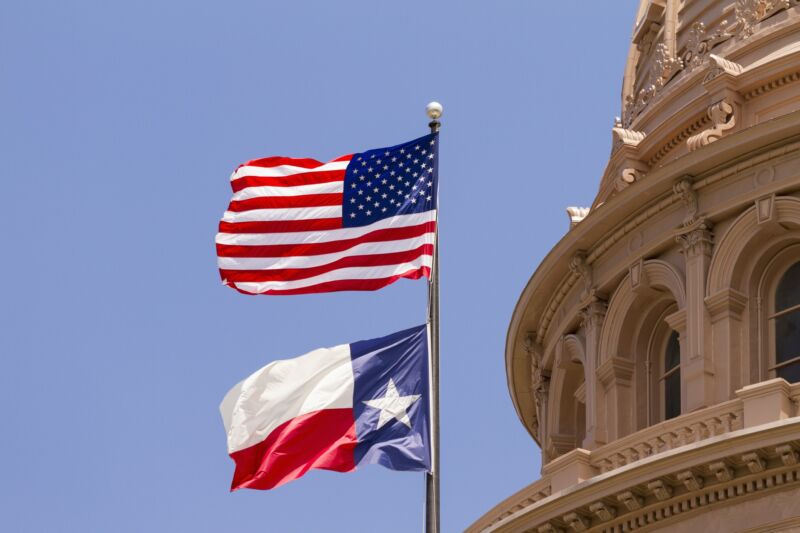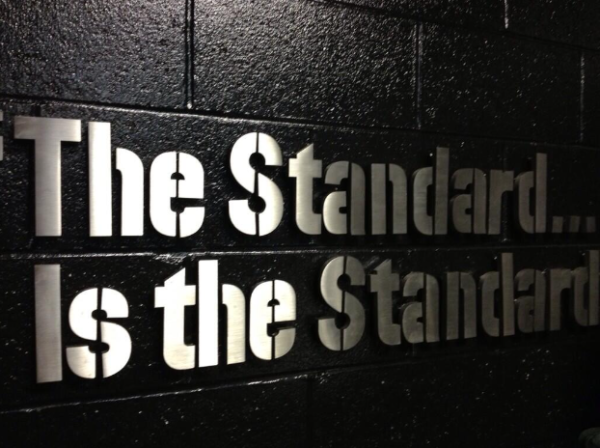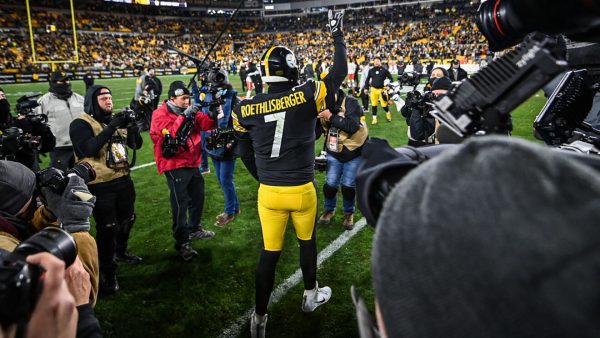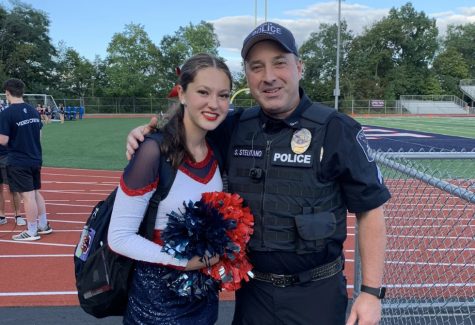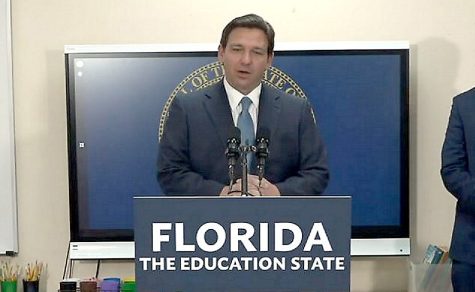New Texas law highlights the state’s hypocrisy
US and Texas flags flying over Texas State Capitol building, Austin, USA
October 26, 2022
A Texas law that will go into effect on May 11 will allow parties to sue tech companies if they censor someone based on their political viewpoints. The Texas law came to light after a perceived “anti-conservative bias” observation was made. Basically, claiming that tech companies silence far right political voices for expressing their thoughts more often than far left voices. A specific example that is often used in this argument is when former president Donald Trump was banned from Twitter.
This new law opened the possibility for important discussions surrounding the question of who can truly dictate our right to free speech. Which is great, fantastic even, if only it wasn’t completely hypocritical of the state of Texas.
It is comical that in Texas logic, it is okay for far right leaders to encourage others to commit treason and spread bigotry, but it is definitely not okay for children to learn things and expand their knowledge through books so certain books must be banned. Speaking of banned books, an article from The Texas Tribune cited a report that Texas is the state with the most banned books in the nation: 801 books across 22 school districts.
Let that sink in for a moment – 801 books.
The majority of banned books in Texas have themes about issues of race, racism, abortion and the LGBTQ+ community, all of which are political hot-button topics. This is important to note because according to an article on abc13.org, Texas governor Abbott’s press secretary, in response to those upset about the censorship decisions, stated that “schools need to get away from pushing political agendas and get back to fundamentals – reading, writing, math, and science.”
Whether we agree or disagree on certain topics, silencing each other destroys any possibility of compromise.
So while leaders in Texas say that tech companies should not censor political opinions, the same logic is not applied to those who want to censor of left-leaning voices. Their unspoken message is that as long as the censorship benefits them or their beliefs, it is tolerable.
Learning about minority experiences and diverse communities in school (where you are supposed to learn) does not harm or help either political party; it only benefits the general knowledge of those in our society.
With that being said, at the end of the day, all censorship is bad. Whether it comes to banning political opinions or books that talk of diversity, it is always unacceptable.
Censorship of political opinions is wrong because issues don’t get solved without communication. Whether we agree or disagree on certain topics, silencing each other destroys any possibility of compromise. Even just by listening, we can use others’ experiences to gain a simple mutual understanding. That is why we live under a democratic government – to be able to talk and listen to each other in order to shape what we know of America today. By censoring others based on political opinions, we move away from potential solutions and the possibility of a more unified society.
The same thinking should be applied to censorship of books in schools as well. Students deserve to have access to information from all outlooks so that they can shape and express their own opinions. Using the excuse that something is or is not appropriate rips all possible chances for that child to make decisions for themselves.
It is also a selfish mindset to think that a student doesn’t deserve access to the same information about the world that adults do. Just because some topics give a possibility of swaying a reader a certain way, it does not give a reason or right to ruin that opportunity.
If Texas is truly against censorship, not just censorship of things or people that benefit one political party, then maybe it should consider putting 801 book titles back onto shelves in schools.


